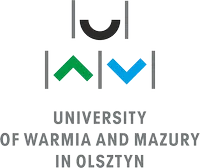Management is defined here as the accomplishment of desired objectives by establishing an environment favorable to performance by people operating in organized groups. Each of the managerial functions (planning, organizing, staffing, , directing, and controlling) is analyzed and described in a systematic way. As this is done, both the distilled experience of practicing managers and the findings of scholars are presented. This is approached in such a way that the reader may grasp the relationships between each of the functions, obtain a clear view of the major principles underlying them.
Harold Koontz and Cyril O'Donnell. Principles of Management; An Analysis of Managerial Functions. 1968, p. 1
